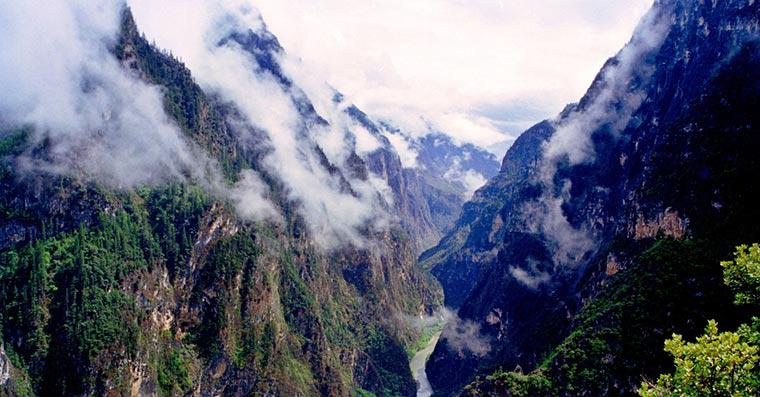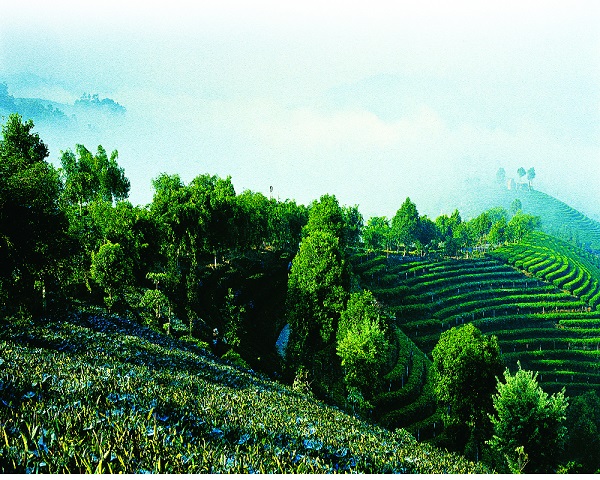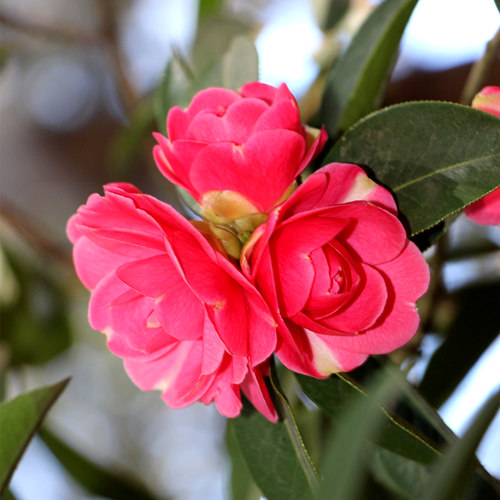
Detailed Introduction to Eryuan County of Dali Prefecture
Overview
Eryuan County (洱源县) is located in the north-central part of Dali Prefecture, Yunnan Province, China. Known as the “Hometown of Hot Springs” and an important water source area for Erhai Lake, it is a place where natural beauty, rich history, and ethnic culture blend harmoniously. The county seat is Cibi Town (茈碧镇).
Geography and Climate
Location: Positioned north of Erhai Lake, Eryuan is part of the upstream catchment area of the Erhai Basin, bordered by Heqing County to the north, Jianchuan to the northwest, and Dali City to the south.
Topography: The land is mostly mountainous, with basins and valleys interspersed, forming a diverse ecological environment.
Hydrology: Eryuan is famous as the “Water Tower of Erhai Lake”, with more than 100 springs and rivers feeding into Erhai. The Cibi Lake (茈碧湖) and the West Lake (西湖) are the two major inland lakes in the county.
Climate: Subtropical plateau monsoon climate, mild with distinct dry and rainy seasons. Average annual temperature is about 13–15°C, with a comfortable environment suitable for agriculture and tourism.
History and Culture
Historical Role: Eryuan has long been part of the ancient Tea Horse Road and a vital passage connecting Dali with Lijiang and Sichuan.
Ethnic Groups: The county is home to diverse ethnic groups, primarily Bai, alongside Han, Yi, and Hui. The Bai culture is especially strong, reflected in language, festivals, architecture, and traditional music.
Cultural Heritage: Folk songs, dances, and religious traditions such as Benzhu (local deity) worship remain active. Festivals like the Raosanling Festival (绕三灵) are celebrated here as in other Bai areas.
Economy
Agriculture:
Known for rice, wheat, corn, and potatoes as staples.
Famous specialty products include Eryuan apples, walnuts, and Tibetan-style barley.
Aquaculture thrives in its lakes and rivers.
Tourism: Eryuan’s hot springs, lakes, and pastoral scenery attract increasing numbers of tourists.
Industry: Small-scale food processing, handicrafts, and emerging eco-tourism services support local income.
Major Attractions
Cibi Lake (茈碧湖)
Named after the purple-colored “cibi” stones, the lake is known for clear waters and lotus flowers. It is a popular place for boating, fishing, and scenic walks.
Eryuan West Lake (西湖)
Not to be confused with Hangzhou’s West Lake, this plateau lake is surrounded by wetlands and reed marshes, making it an excellent bird-watching destination.
Hot Springs (温泉群)
Eryuan is widely recognized for its abundance of geothermal resources, with dozens of hot springs such as Shuanglong Hot Spring and Qingxi Hot Spring. Many springs are open-air, blending natural landscapes with bathing culture.
Yulong Bridge (玉龙桥)
A historic stone bridge dating back to the Ming Dynasty, an important cultural relic on the Tea Horse Road.
Pastoral Villages
Traditional Bai villages around Cibi Lake and West Lake showcase unique Bai dwellings, farming traditions, and local cuisine.
Transportation
Road: Convenient highway connections link Eryuan with Dali City (about 70 km south) and Lijiang (about 120 km northeast).
Bus Services: Long-distance coaches connect with Dali, Lijiang, and Kunming.
Nearest Airport: Dali Airport (in Xiaguan) is the most accessible air gateway.
Tourism Features
Eco-tourism: Lakes, wetlands, and hot springs provide rich opportunities for ecological and leisure travel.
Cultural Tourism: Experiencing Bai folk customs, festivals, and architecture.
Wellness Tourism: Hot springs and clean air make Eryuan ideal for recuperation and health-oriented travel.
In short, Eryuan County is a place where “water, culture, and health” define its charm. With its role as the water source of Erhai Lake, its famous hot springs, and its deep Bai cultural roots, Eryuan offers both natural beauty and cultural depth for visitors and residents alike.



